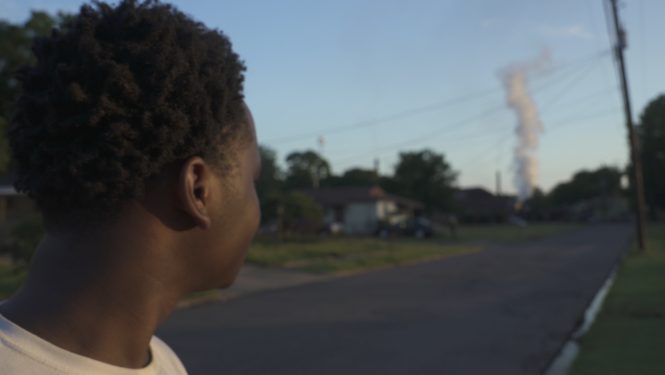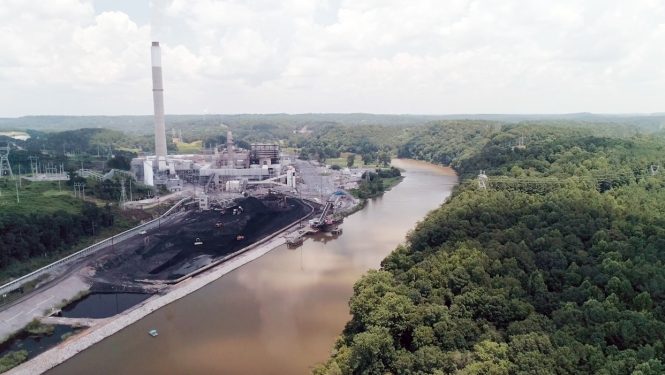
Critical to the environment, public health, and quality of life, wastewater infrastructure in Alabama - and throughout the country - suffers from decades of lack of investment and racial discrimination, and is increasingly threatened by the changing climate.
Directed by Sarah Franke.

There has never been a more important time for all people to be able to participate in the environmental movement. From the impacts of climate change to the need to spend more time outdoors, our health and our quality of life depends on it. Yet many barriers keep BIPOC (Black, Indigenous and People of Color) from feeling included in this movement. This film explores the ways in which organizations in Alabama are doing the necessary and critical work to make sure BIPOC are included. Through the lens of community science, individuals share their struggles to be included and organizations share their challenges and successes with creating more inclusive programs and opportunities. Directed by Robin Crane.

After a high-profile bribery scandal led to the convictions of the three powerful conspirators, the community they targeted is left in the dust to find relief from decades of toxic air and soil pollution. Community members in the North Birmingham neighborhoods of Collegeville, Harriman Park and Fairmont tell their personal stories and share their struggles, as they seek a healthier life for the generations of the future. Directed by Kristy Choi.

A small community in Northeast Alabama. A mayor whose town sits on the river’s banks. A businessman in the Mobile Bay. All of these communities are impacted by coal ash in Alabama.
Coal Ash, a pollution by-product of burning coal, is impacting communities across Alabama. Billions of tons of ash are stored in unlined pits alongside our rivers and stream causing harmful pollution such as mercury, arsenic, and many other heavy metal to be dumped into our rivers, lakes, and bays where we fish, swim, and drink. This film tells the grim story of coal ash in Alabama and what you can do to call on the electric utility companies to become leaders by cleaning up the pollution they have created.
Directed by Kaitlin McMurry.
A mosquito bite decades ago leads Catherine Coleman Flowers on her life’s journey.
The second in the Southern Exposure series, this captivating film brings viewers into the world of Catherine Coleman Flowers, a Lowndes County, Alabama activist who became passionate about the environment when she found out that tropical diseases, like hookworm, were showing up in her community because of sewage treatment problems. Her journey to solve problems at the intersection of poverty, climate change, and politics has taken her from the Alabama Black Belt to Washington, D.C. to Switzerland and back. She shares her special connection to place and invites you in to a day in her life.
Directed by Ellen Esling.